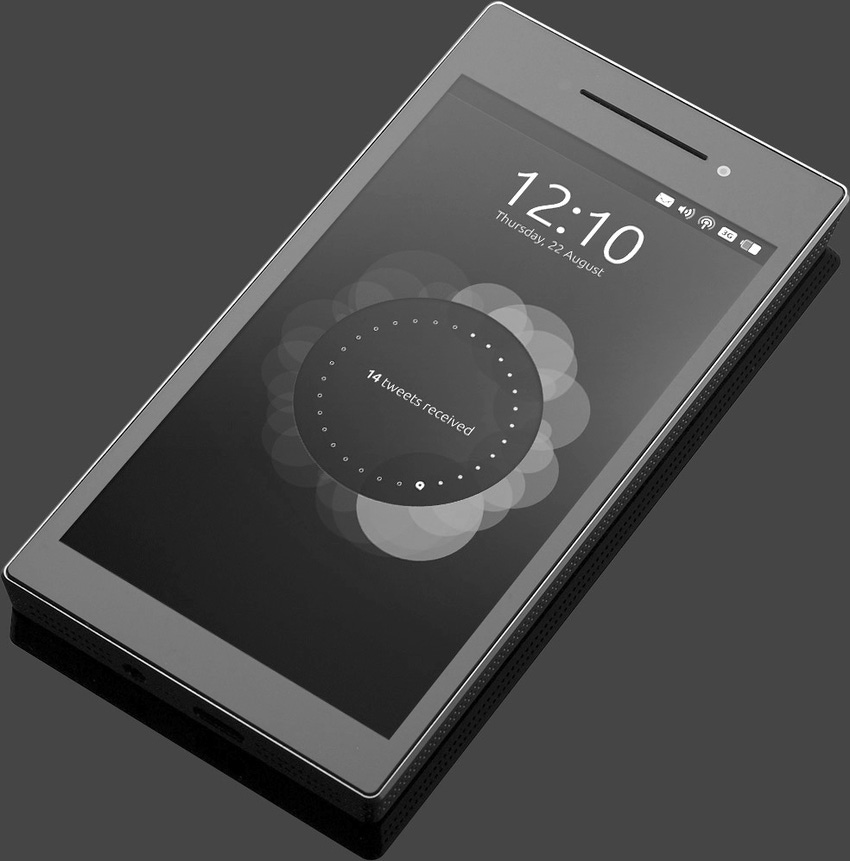Canonical may be facing an uphill battle in bringing the Ubuntu Edge, its Linux-powered "superphone," to market. But in a sign of the company's impressive influence within the mobile ecosystem, it has been quietely building a network of channel partners through its Carrier Advisory Group (CAG), which includes a number of big-name mobile carriers and continues to grow.

Canonical may be facing an uphill battle in bringing the Ubuntu Edge, its Linux-powered “superphone,” to market. But in a sign of the company’s impressive influence within the mobile ecosystem, it has been quietely building a network of channel partners through its Carrier Advisory Group (CAG), which includes a number of big-name mobile carriers and which continues to grow.
For the record, Canonical has not announced plans to become involved in naval warfare, although the CAG’s name might give that impression. Still, the CAG, which the company launched in June 2013, represents a powerful force within the world of mobile communications.
Since its establishment, when Deutsche Telekom, Everything Everywhere, Korea Telecom, Telecom Italia, LG UPlus, Portugal Telecom, SK Telecom and an unnamed Spanish carrier signed on as founding members, the CAG has grown to include China Unicom, Indonesia’s PT Smartfren Telecom, T-Mobile, Verizon (VZ) and—as of a few days ago—Australia’s Telstra. That’s an impressive array of international mobile players.
Of course, signing on to the CAG does not in itself represent much of a commitment on the part of these companies to the Ubuntu Edge or other components of Canonical’s strategy for making Ubuntu Touch a mainstream OS on smartphones and other mobile devices. CAG membership simply assures these carriers an advisory role in Ubuntu mobile development, and priority as carriers of Ubuntu platforms in their respective markets in the event that an Ubuntu phone does appear.
Still, the fact that Canonical has succeeded in enticing such big-name mobile carriers to extend serious attention to Ubuntu as a mobile platform for the masses is significant. It’s a sign that they can envision Ubuntu playing a role in disrupting the Android–iOS–Windows Phone triptych that currently dominates the mobile world, and that they’re prepared to give it committed backing if it appears market-ready.
That kind of support may make Canonical’s scheme to fund Ubuntu Edge development using a $32 million crowdsourcing effort seem just a bit less crazy. It’s also a reminder that even if the Ubuntu Edge endeavor fails—which seems increasingly likely, given that the fundraiser is halfway over and has barely reached one-quarter of its goal—Canonical is hedging plenty of other bets that could bring Ubuntu into the mobile world in a major way. Don’t write off Ubuntu Touch for the masses as a castle in the air yet.
About the Author(s)
You May Also Like


